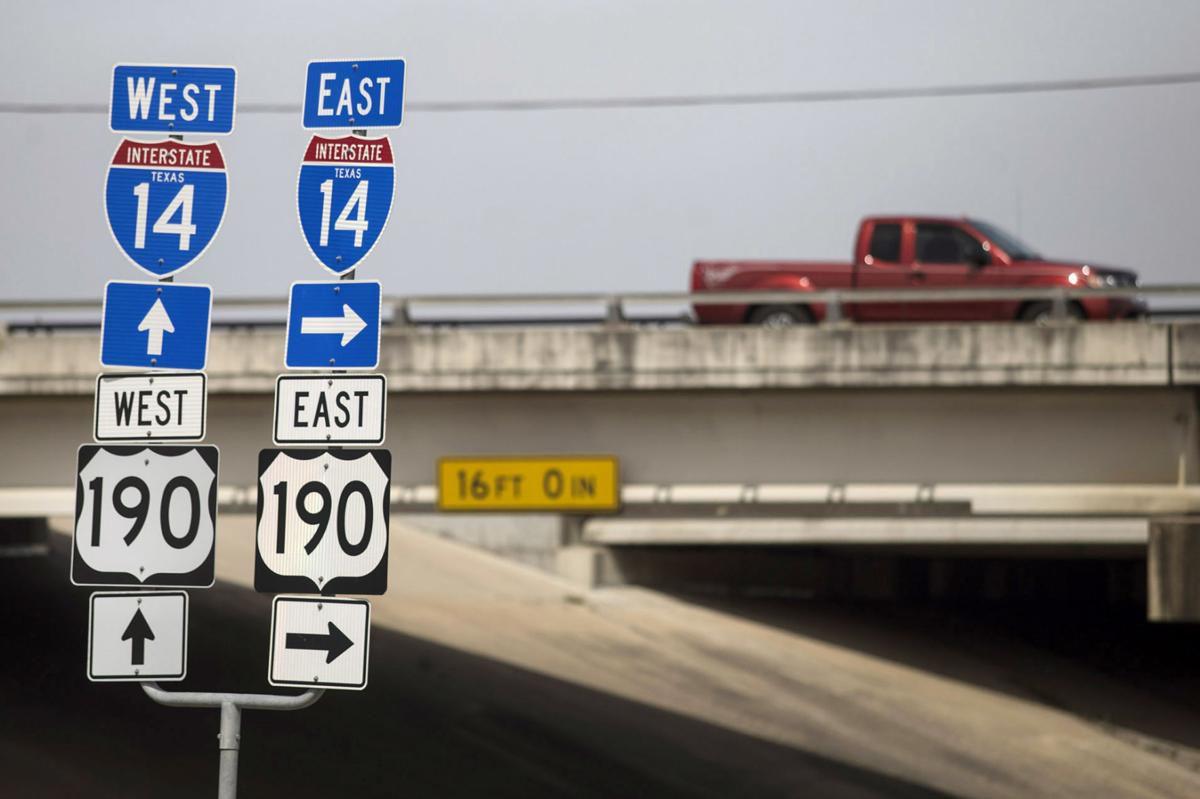With worn-out clichés about the dead voting, Chicago used to be the poster child for voter fraud. But if any state is a poster child for terrible election practices, it is surely Georgia. Bold claims demand bold evidence, and unfortunately, there’s plenty; on Monday, McClatchy reported a string of irregularities from the state’s primary election in May, including one precinct with a 243-percent turnout.
McClatchy’s data comes from a federal lawsuit filed against the state. In addition to the problem in Habersham County’s Mud Creek precinct, where it appeared that 276 registered voters managed to cast 670 ballots, the piece describes numerous other issues with both voter registration and electronic voting machines. (In fact, it was later corrected to show 3,704 registered voters in the precinct.)

Multiple sworn statements from voters describe how they turned up at their polling stations only to be turned away or directed to other precincts. Even more, statements allege incorrect ballots, frozen voting machines, and other issues.
Georgia’s lax voting security exposed just in time for a crucial special election
We’ve looked at poor voting security in the state previously. In 2017, a report by a Georgian security researcher revealed a shocking lack of security throughout the state’s voting system. Later that year, we discovered that servers that were thought to be key evidence for the same federal lawsuit that has led to this week’s news were wiped, then repeatedly degaussed.
Georgia is one of four states in the US that continues to use voting machines with no ability to provide voters a paper record so that they can verify the machine counted their vote correctly.
There is a ray of light, however. In January a bipartisan group of senators introduced a bill to ban insecure paperless voting machines. Additionally, the legislation would implement many reforms that the security community has been calling for. While it is still far from being passed into law, the Senate Rules and Administration Committee recently held two hearings to collect testimony.




